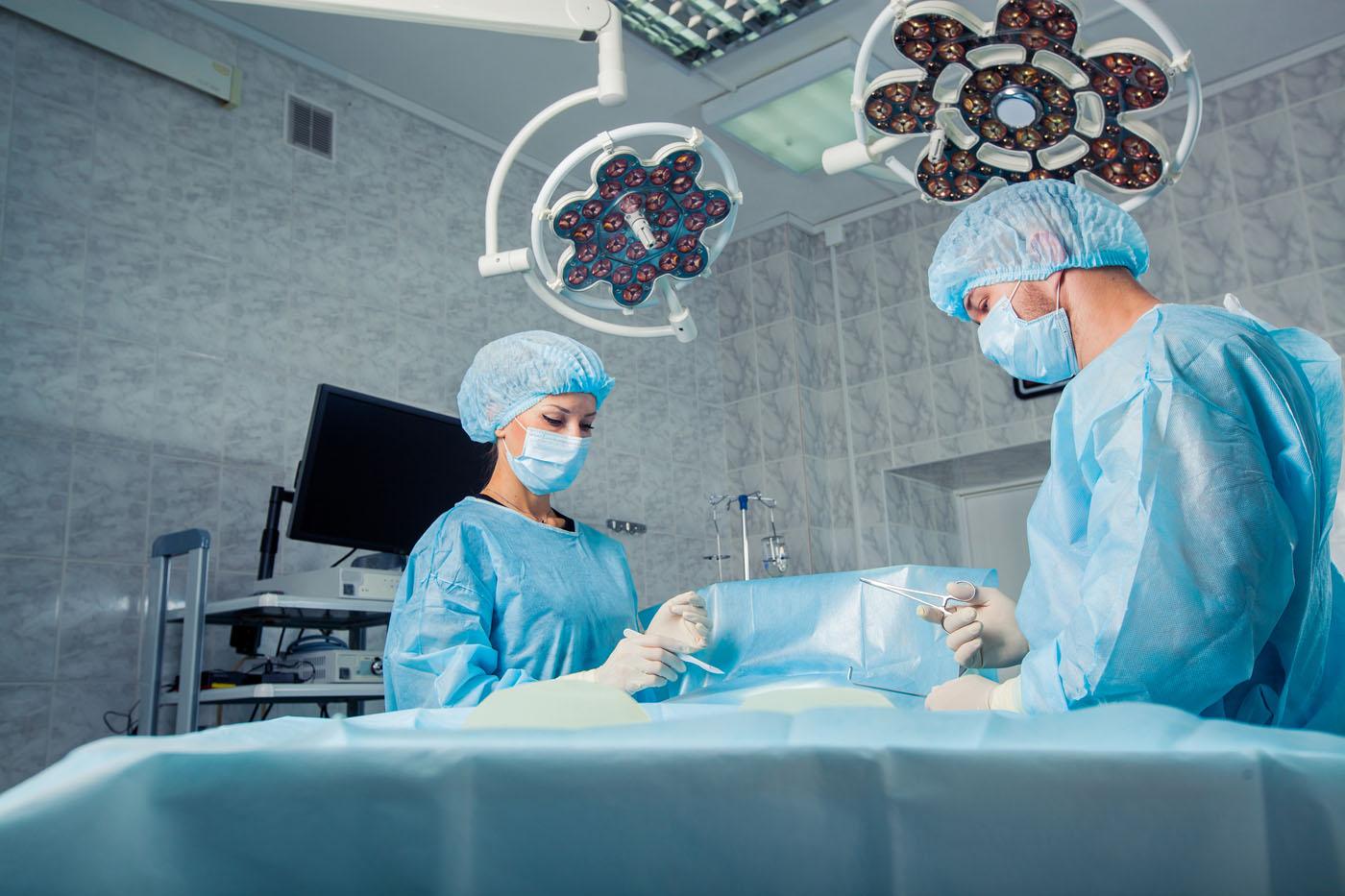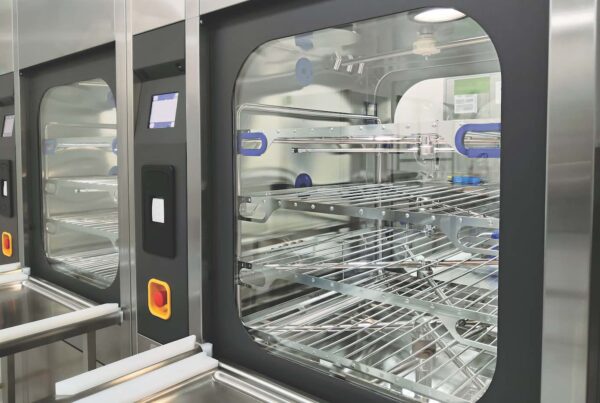Last updated January 19, 2025
Summary
Surgical Directions transformed the underperforming Central Sterile Processing (CSP) department at Advocate BroMenn Medical Center, a 189-bed hospital in Normal, Illinois, into a highly efficient, cost-saving asset. The CSP faced challenges such as understaffing, safety hazards, and damaged instruments, which risked patient safety. Surgical Directions introduced an interim manager who standardized staff training, restructured workflows, and implemented operational improvements. These efforts reduced clutter, improved compliance, and lowered repair costs.
Situation: Central Sterile Processing Challenges
Advocate BroMenn Medical Center in Normal, IL is a community-based hospital providing general medical and surgical services. When Surgical Directions assessed their perioperative services, they uncovered challenges within their Central Sterile Processing Department (CSP). The unit was understaffed, the existing staff was not fully versed in AAMI standards, the department was cluttered and had potential safety hazards, instrumentation was frequently damaged, and there was a fear of potential surgical site infections.
Strategy: Provide interim guidance and training.
Surgical Directions placed an experienced interim manager over the CSP department and charged the interim leader with upgrading and standardizing staff skills. When testing revealed training gaps, an eight-week education plan was created for department employees. The training taught core competencies to raise overall skill levels. Testing ensured knowledge retention. Auditing of processes throughout the day ensured compliance. Additionally, career tracks were created as staff incentives to provide career direction to improve retention and empower staff.
Improve productivity and workflow.
Staff productivity was another area of focus. Job duties and roles were clearly defined, which lowered overlapping and non-productive hours for full-time employees. In addition to defining roles, the physical spaces in which work was completed needed addressing. The space that housed CSP had more than ten years of clutter and lacked workflow dynamics. The interim leader worked with administration and housekeeping departments to devise a daily, weekly and monthly cleaning schedule. Workflow within the department was redesigned to provide a more efficient means to reduce unproductive time.
Standardize operational procedures.
A lack of standard quality and operational procedures resulted in repair costs significantly above Surgical Directions’ benchmarks. Inventory tracking and storage procedures were implemented. This process included sorting through thousands of instruments to create a daily and backup inventory, reducing the need for new or unnecessary instrument purchases. The interim manager also employed instrument refurbishment and reprocessing as another way to bolster inventory and reduce replacement costs.
Results
Identified financial savings.
With improved efficiency, the CSP department utilized four fewer full-time employees than budgeted, which resulted in $200,000 of annual savings, inclusive of benefits. Average repair costs dropped 60%. With improved procedures, new instrument purchases were reduced as a result of adhering to manufacturers’ suggestions for handling, cleaning and sterility.
Increased productivity.
Productivity skyrocketed, and a team of eight full-time employees efficiently completed the work originally budgeted for 12 full-time employees within the same shift.
Decreased safety concerns and increased workflow.
Safety hazards were addressed and surgical site infections were mitigated to the satisfaction of administration. Overdue maintenance completed by the facilities department, including electrical code issues that had previously led to two workers’ compensation claims, decreased environmental contamination and improved area workflow.
Achieved a successful transition.
The interim CSP leader successfully mentored and transitioned unit direction to the new full-time CSP manager to sustain the changes.



